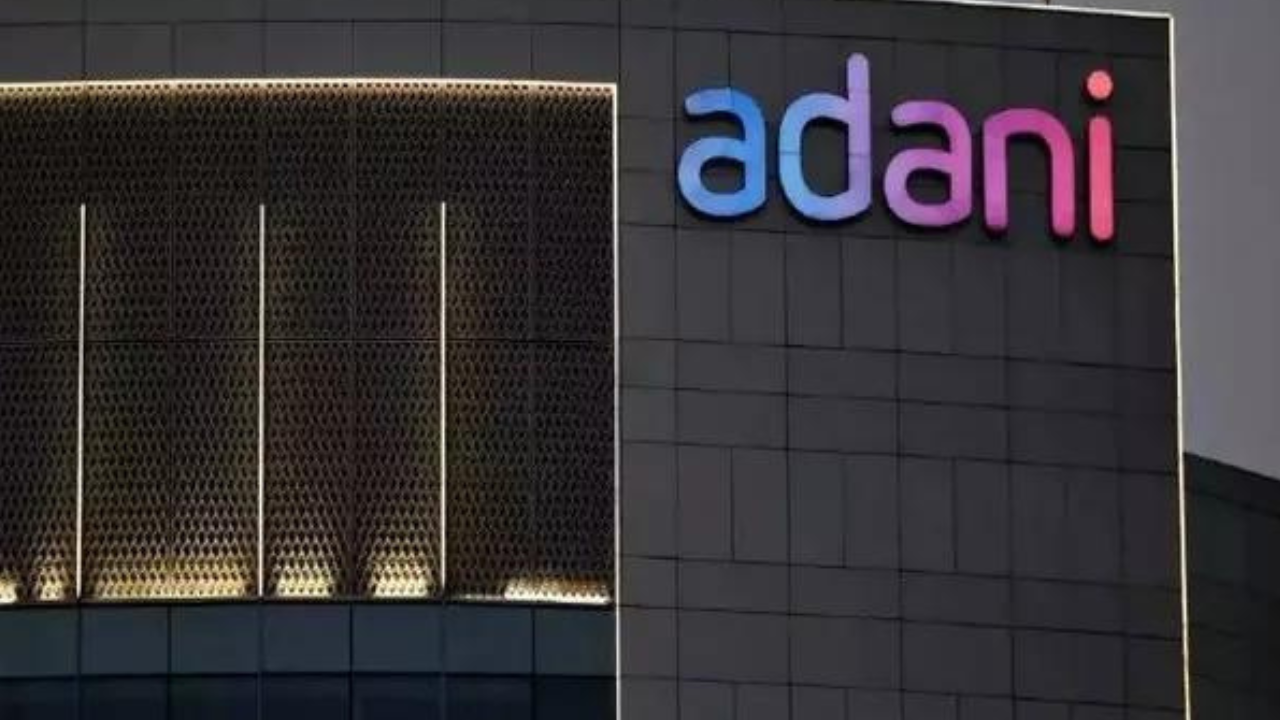Is Adani Power Deal with Sri Lanka Truly Cancelled? Unraveling the Truth Behind the Headlines
The recent reports surrounding the cancellation of Adani's power deal with Sri Lanka have sent shockwaves through the energy sector. Is the deal truly dead? Or is this just another case of misleading headlines?
The Alleged Cancellation: What Happened?
The news first broke when AFP reported, citing sources within Sri Lanka's energy ministry, that the island nation had decided to revoke the power purchase agreement with the Adani Group. This was swiftly followed by a statement from Adani, which vehemently denied the cancellation. This back-and-forth left many bewildered. Sri Lanka, seeking to invest in its energy future, and Adani, eager to expand into green energy across borders, seemed to have hit a major snag. A central issue highlighted is the reevaluation of tariffs originally agreed upon in May 2024. A senior energy ministry official confirmed that the recent cabinet of President Dissanayake decided this month (Jan 2025) to halt the deal.
Unpacking the Discrepancies: Two Sides of the Story
The confusion stemmed from differing interpretations of the situation. Adani insisted that any reassessment of tariffs was a routine matter for the new government, stating the company's steadfast commitment to its $1 billion investment in Sri Lanka's renewable energy infrastructure. Sri Lankan sources emphasized the fact that although the power purchase agreement was suspended, the project remains unaffected.
Investigating the Underlying Factors
The situation is further complicated by the recent US indictment against Adani Group founder, Gautam Adani, involving allegations of bribery to secure solar contracts in India. This legal challenge appears to cast a shadow over ongoing discussions, leading to greater scrutiny of similar international collaborations.
Geopolitical Influences and the Sri Lankan Government's Perspective
There are various other geo-political and governmental factors which are playing an important role.The decision highlights a need to examine every detail in agreements made between businesses and national entities. Sri Lanka must ensure its economic investments are consistent with good governance practices. Any decision of halting the Adani power deal will create a cascade of financial and business impact for the stakeholders.
Adani's Response and Future Plans
In its statement, the Adani Group reiterated its commitment to the project, calling reports of cancellation "false and misleading." They emphasized that the reevaluation of tariffs was standard procedure, particularly given the change in Sri Lanka's government. While reassurances are important, they leave room for questions regarding transparency and trust between investors and national authorities.
Project's Future and Potential Delays
The potential ramifications from delays would greatly impact Sri Lanka. Delays are certain to affect investor confidence as they can impact the potential timeline of the Adani Green Energy project. Sri Lanka will undoubtedly continue to seek financial stability through foreign investment in an economy recovering from various global challenges.
Understanding the Implications
The situation holds significant implications for both Adani and Sri Lanka. The possibility of cancellation carries reputational risks, and legal issues regarding ongoing agreements need resolution. Meanwhile, Sri Lanka has a need for additional energy capacity and has several existing arrangements for financing with the aid of international collaboration. Both nations face an additional layer of complexity given the US charges against Mr. Adani.
Potential Solutions and Resolving Disputes
One path is for thorough open communication, reviewing contracts to find a mutually agreeable outcome between parties. It will require joint commitment from the parties involved to successfully review tariffs and any terms of the existing deal.
Impact on Renewable Energy Investments
The Adani-Sri Lanka situation underscores that scrutiny on renewable energy initiatives is growing. The review process serves as a testament that investments require thorough checks to ensure every stakeholder is well-served. There will be continuing demands to address these complexities in every sector.
Take Away Points
- The cancellation of the Adani-Sri Lanka power deal remains unclear, with conflicting statements issued.
- The reevaluation of tariffs approved in 2024, under a new Sri Lankan cabinet in 2025, seems to be the main point of contention.
- Adani has pledged its commitment to invest in the green energy sector in Sri Lanka.
- The US indictment against Gautam Adani adds an additional layer of complexity to the situation.
- Open communication and a mutual understanding is key for a mutually beneficial conclusion between Sri Lanka and Adani.









